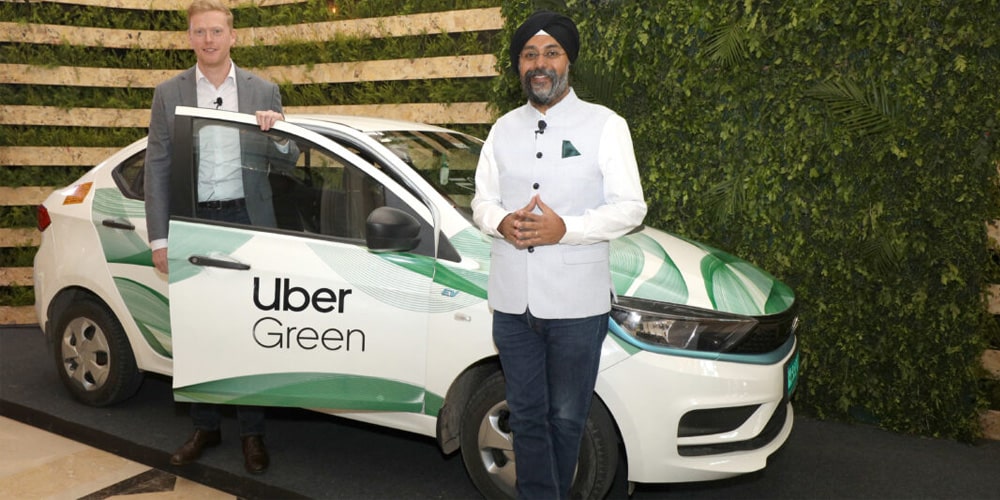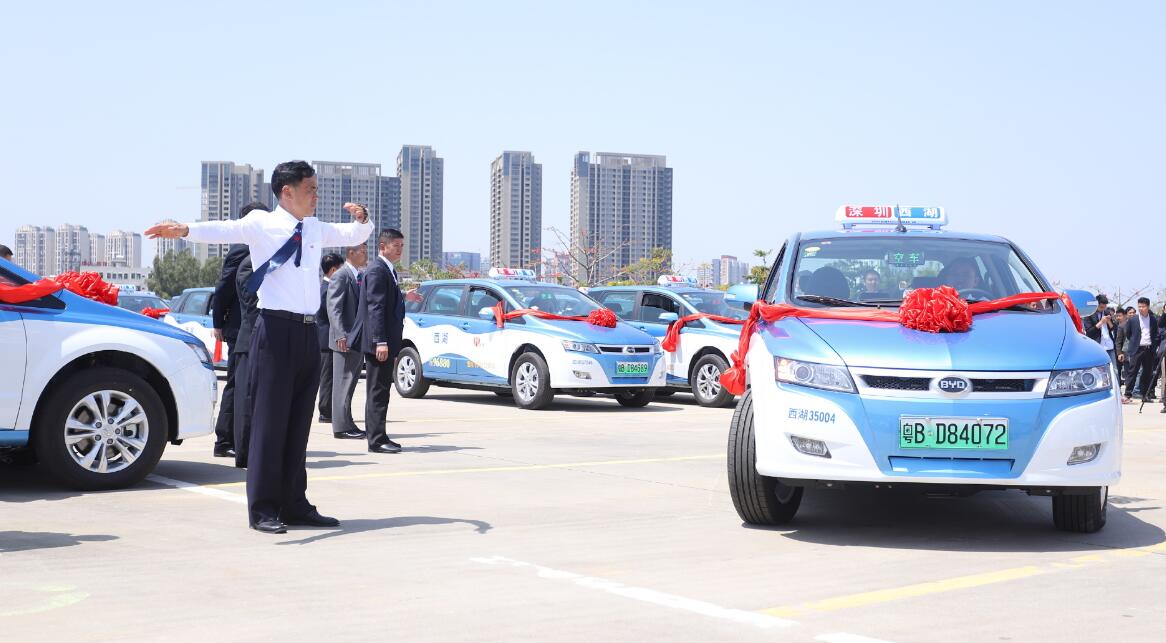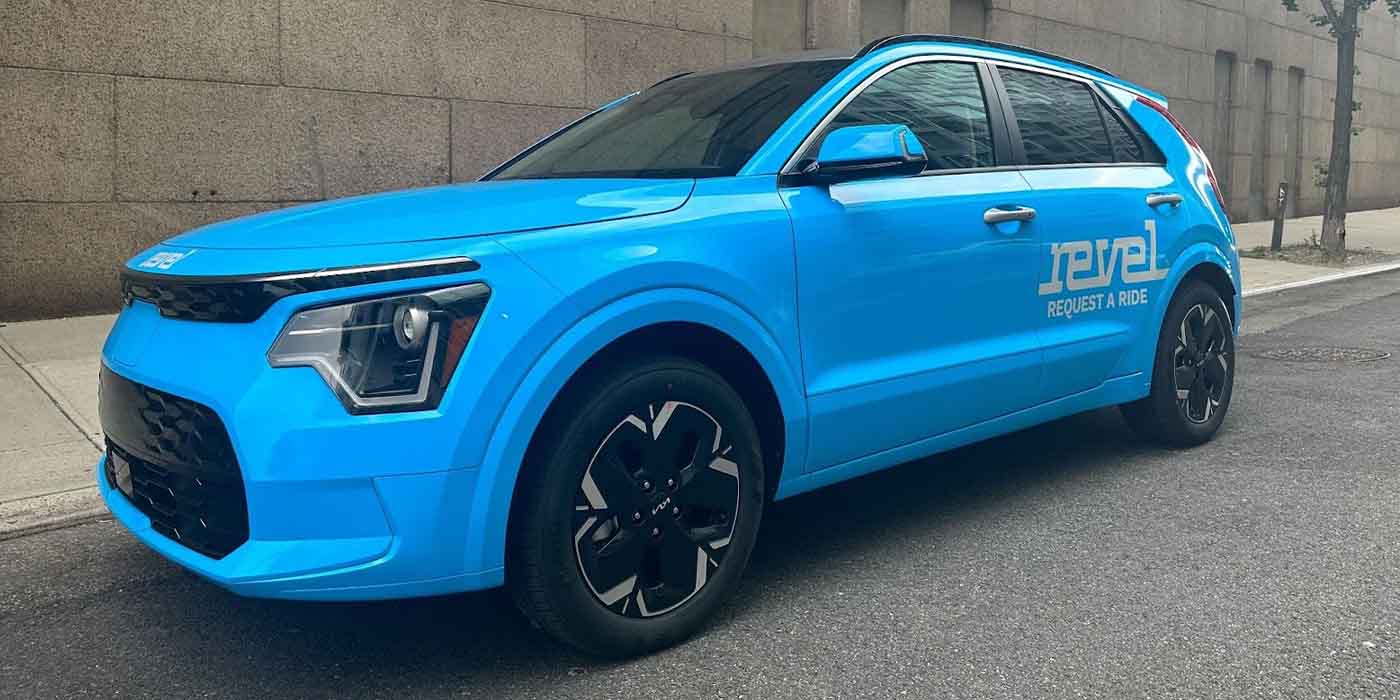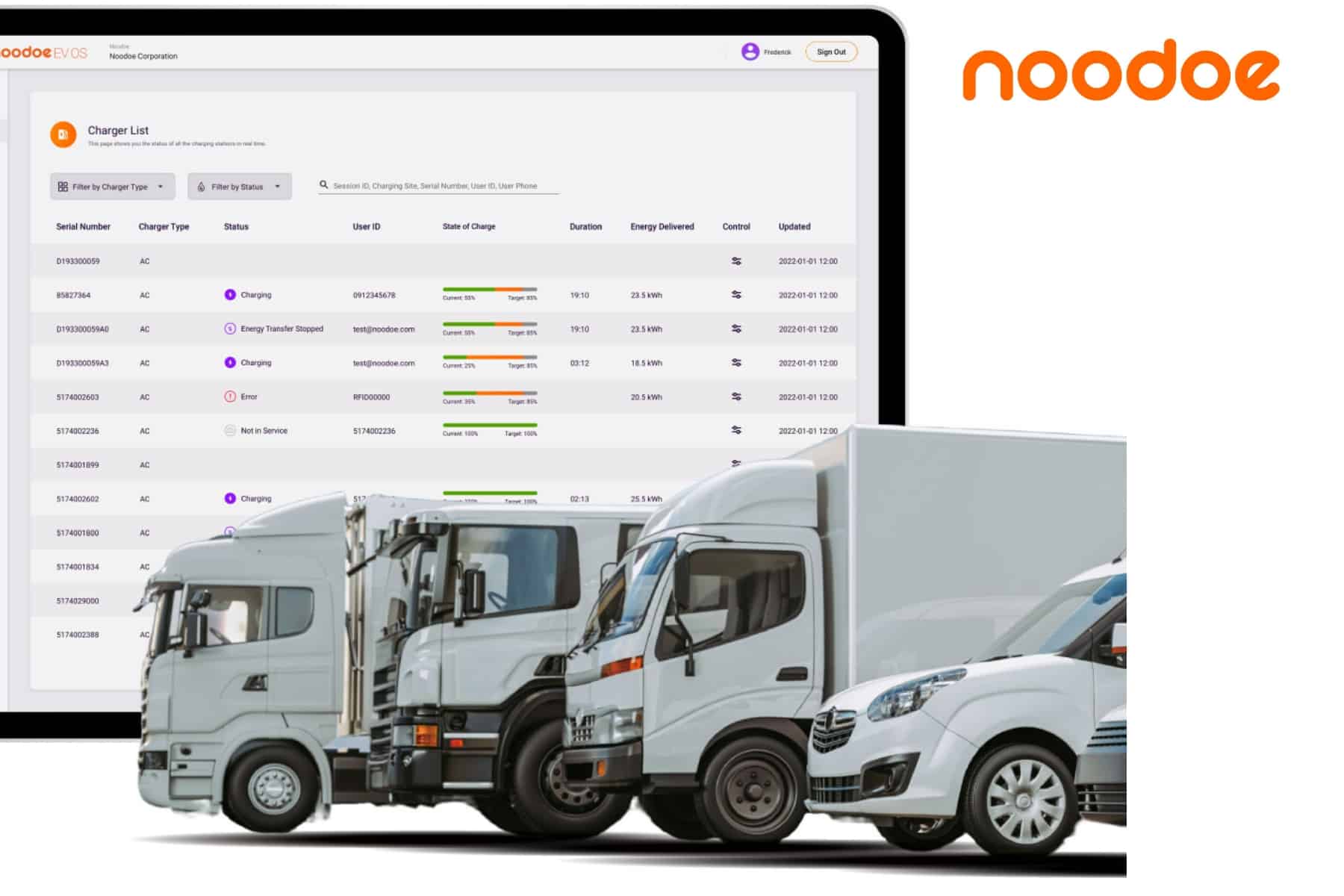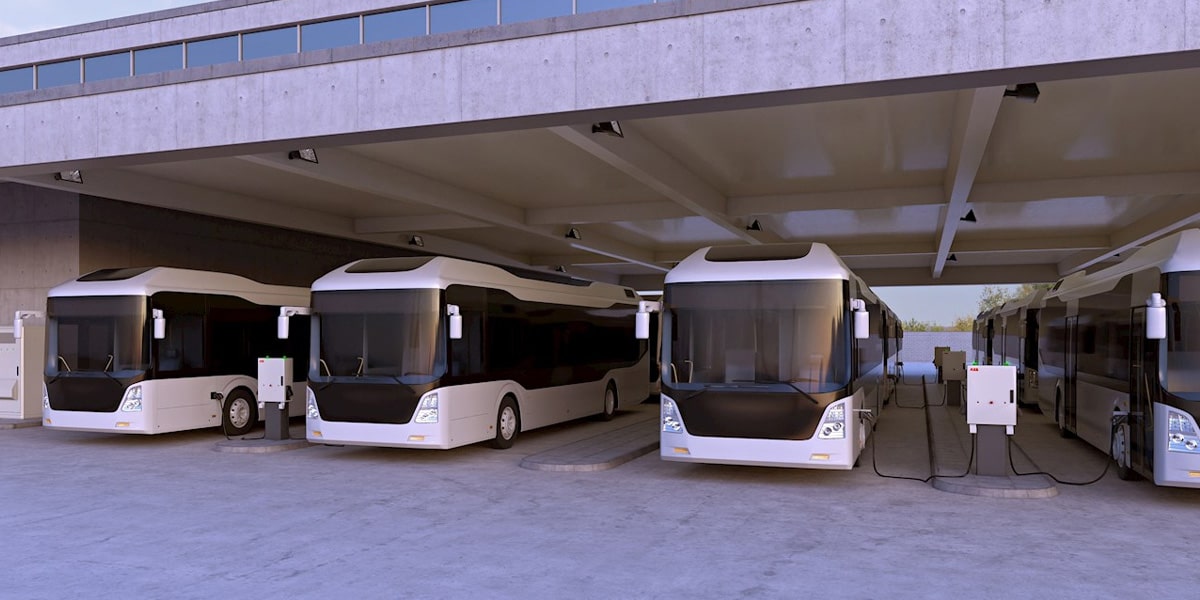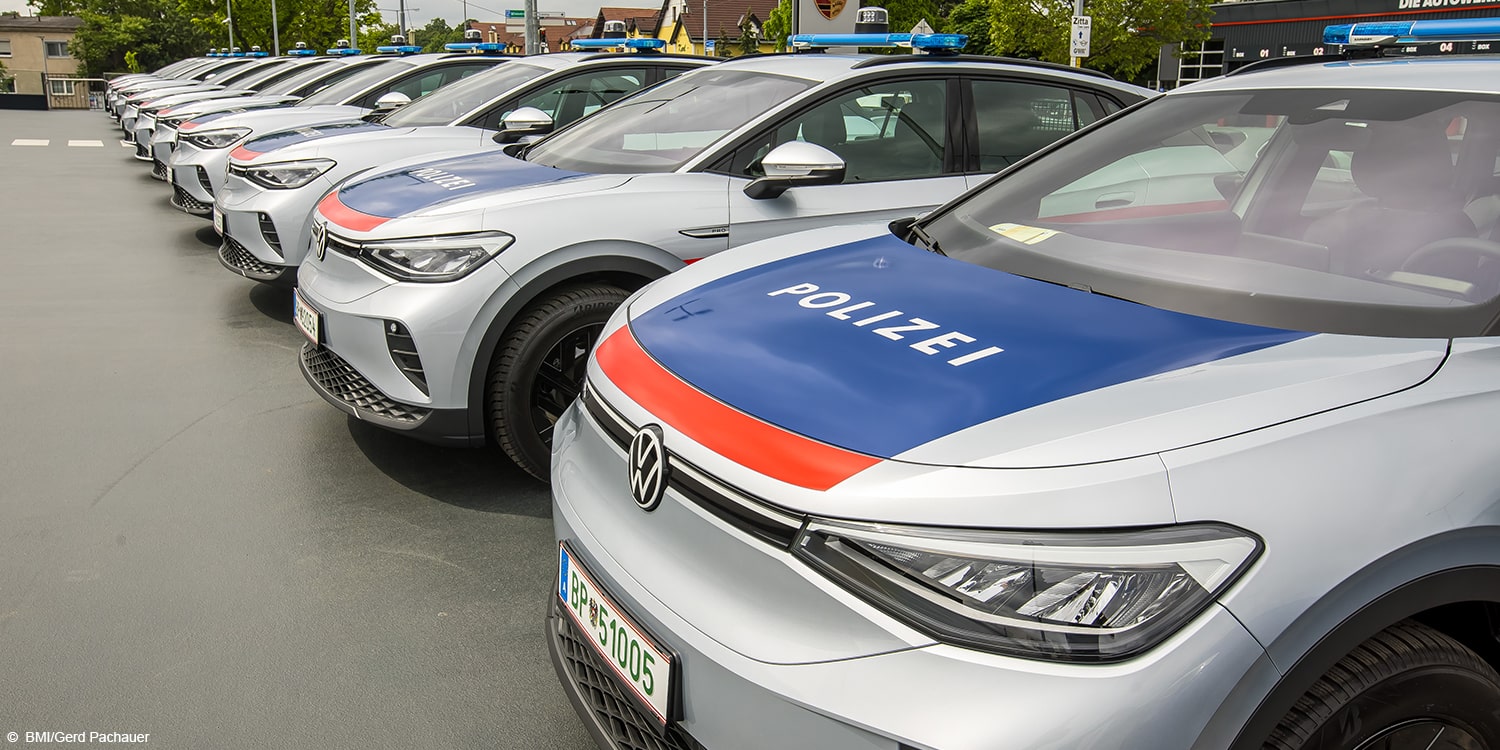In an effort to prioritize environmental sustainability in India, ride-hailing platform Uber Technologies is taking significant steps towards embracing green transportation. The company recently announced its plans to introduce more electric vehicles (EVs) on its platform, partner with fleet operators, offer financing options, and give users the choice to hire electric vehicles during their ride bookings.
As part of the forthcoming launch of Uber Green in June, Uber will collaborate with fleet providers such as Lithium, Everest, and Moove to bring 25,000 electric cars onto its platform. This strategic partnership aims to accelerate the adoption of EVs in the country. Moreover, Uber will collaborate with Zypp Electric, an EV startup, to roll out 10,000 electric two-wheelers in Delhi by 2024.
Recognizing the financial aspect of transitioning to clean transportation, Uber has joined forces with the Small Industries Development Bank of India (SIDBI). Together, they will provide 10 billion rupees ($122.3 million) in financing to support the purchase of clean cars and the establishment of charging stations in collaboration with their partners.
This move by Uber is a response to the growing competition in the Indian market, particularly from BluSmart, an electric mobility startup supported by BP’s venture fund. BluSmart is challenging the dominance of Uber and Ola, which is backed by SoftBank, by investing in an all-electric taxi fleet and aggressively attracting dissatisfied passengers and drivers from the incumbents.
Uber’s Senior Vice President for Mobility and Business Operations, Andrew Macdonald, emphasized the importance of India in the company’s pursuit of electrifying every ride on its platform by 2040. Macdonald stated, “India’s huge scale and electrification momentum make the country a priority for Uber.” To further support this objective, Uber has partnered with Jio-bp to bring its global mobility agreement with BP Pulse to India. This collaboration will not only enable Uber drivers to access charging networks but also facilitate the development of new charging infrastructure.
Uber’s plans to create a green fleet align with its commitment to achieving carbon neutrality by 2040. The company aims to have over 1 million EVs on its platform in India and South Asia, considering it a pivotal element of its regional growth strategy. A recent job advertisement by Uber on LinkedIn reinforced its determination to introduce EVs in India for ride-sharing, marking its initial endeavor to embrace clean transportation in response to the Indian government’s push for greater electrification in public transport and shared mobility.
Overall, Uber’s intensified efforts to expand its electric vehicle offerings, collaborate with key partners, and promote financing options signify its dedication to creating a more sustainable transportation ecosystem in India. By embracing a greener approach, Uber aims to play a significant role in the country’s ongoing electrification momentum while contributing to its own long-term environmental goals.

